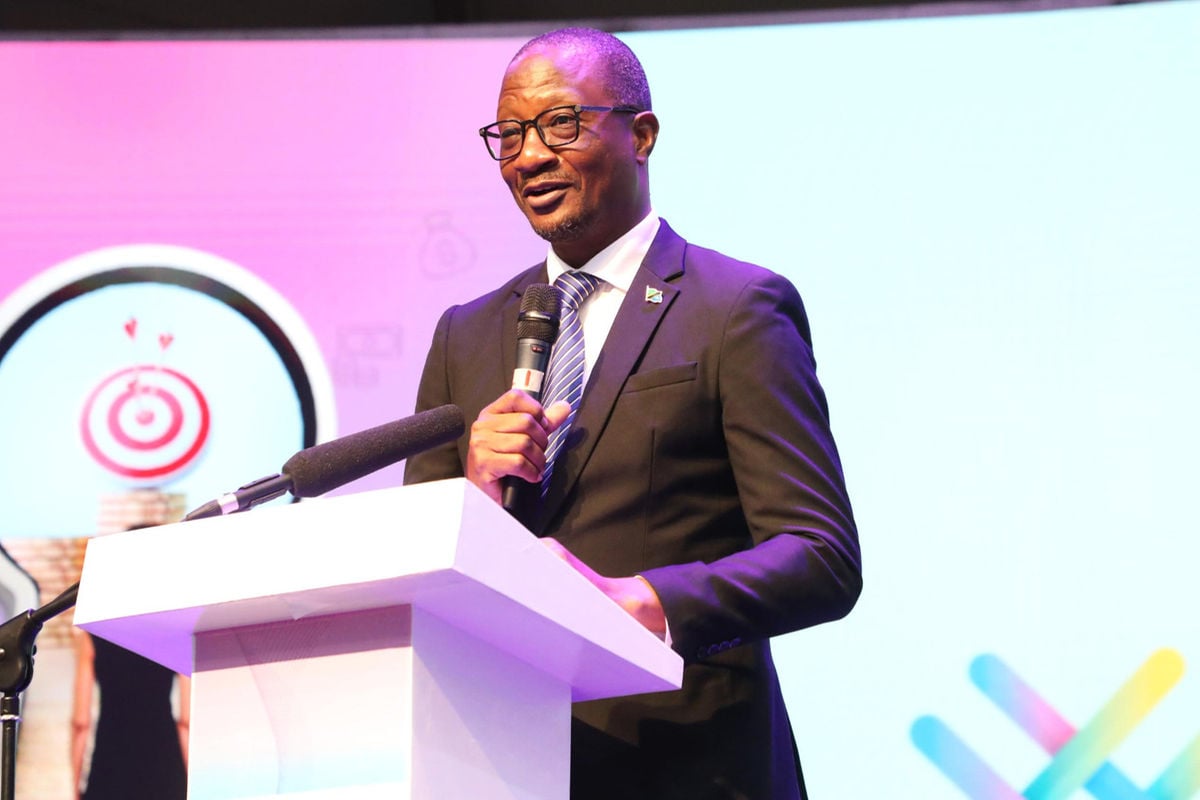The proprietors of media outlets in Tanzania have been encouraged to enhance their earnings by increasing their investments in digital technology, innovation, and relevant business models.
Concurrently, they were also charged to invest funds into audience surveys in order to have data at their disposal while having discussions with advertisers.
This appeal was made as part of the resolutions that were passed at the national conference that was held to commemorate the 30th anniversary of World Press Freedom Day.
This event took place in Zanzibar from May 1st to May 3rd, 2023 and was attended by the President of Zanzibar, Dr Hussein Mwinyi.
Bakari Machumu, Chief Executive Officer of Mwananchi Limited, stated at the session on the State of Innovation and Media and Viability in East Africa that it is simpler for someone within a company to advertise in a space that is backed with data.
Machumu emphasised that media companies need to shift their focus to marketing strategy and training.
Mwananchi’s CEO explained further that the media corporations pay more attention to “media leadership and innovation among editors and journalists where they must evolve beyond journalistic skills to embrace the business side of things.”
Additionally, Machumu the importance of their having an entrepreneurial mindset.
Read also: Tanzanian biotech firm NovFeed, wins $1 million Milken-Motsepe Prize in Agritech
Increasing In-House Media Training
On her part, Rose Haji Mwalimu, a scribe who is also a founding member of Tanzania Media Women’s Association (TAMWA), advocated for the necessity of conducting regular in-house training in media companies as well as an orientation programme for newcomers in order for scribes to perform their responsibilities in an ethical and responsible manner.
TAMWA Chairperson Joyce Shebe noted during her introductory words that the media may have accomplished a lot as a country, but she also mentioned some of the problems, like the little voices of women sources in the media asking scribes to change the narratives. Shebe was speaking during her opening remarks at the conference.
Reading Culture Decline Among Journalists
On his part, Salim Salim from Zanzibar stated that there was a weak reading culture among youths, to the point where even young journalists were unaware of crucial topics pertaining to growth.
A number of other resolutions have been proposed, and one of them is for owners of media outlets to establish fact checking desks. The purpose of these desks is to combat hate speech, fake news, misinformation, and disinformation and to capitalise on the public’s trust in order to thrive in the new digital era.
The majority of people who participated in the discussion believe that providing factual information is the only way to differentiate oneself from what is known as citizen journalism. In this style of journalism, anyone may take a photo and share it online without having it verified.
The national conference, which was held under the global theme Shaping a Future of Rights: Freedom of Expression as a Driver for All Other Human Rights, brought together more than 300 delegates.
These delegates include representatives from the government, the United Nations, development partners, journalists, online and offline media, civil society and human rights defenders, research and academia for the purpose of thematic discussions in pre-events and side meetings organised for the conference.




